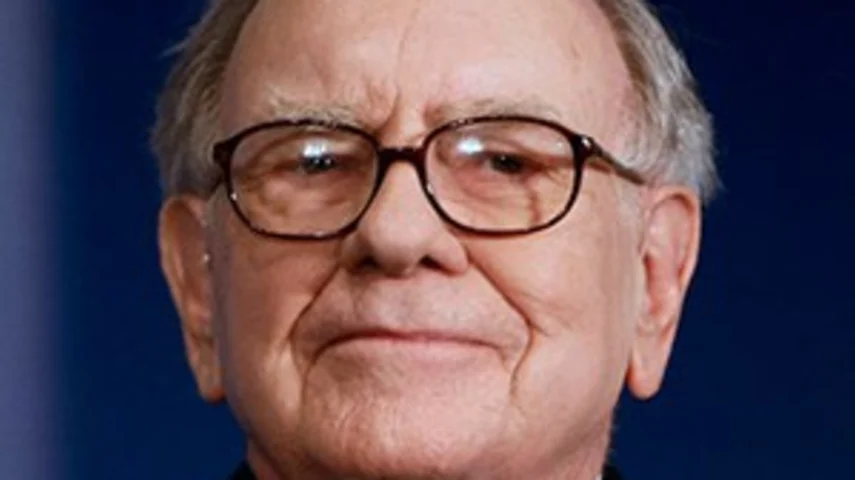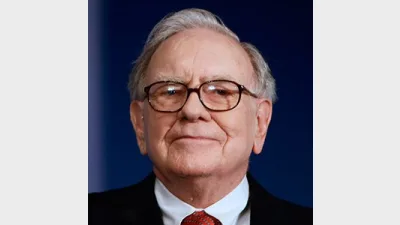Why is Warren Buffett buying Heinz?



Peter Bull takes a closer look into why Warren Buffett would want to buy baked beans maker H.J. Heinz Co.
It’s easy to marvel at Warren Buffett’s recently announced plan to buy baked beans maker H.J. Heinz Co.
It is a classic Buffett manoeuvre that bears all the hallmarks of his sometimes enigmatic approach. Not only is Heinz a boring company, it is an expensive company.
It trades at a much higher multiple on both its earnings (20 times) and book value (7 times) than the overall market.
So why would Warren Buffett want to pay a lot of money for baked beans?
Many people grasp why a maker of ipads would be expensive (for real or imagined growth), but even more people probably believe that baked beans should be cheap.
Digging below the surface may not offer much clarity at first. Heinz is expensive according to the most widely used value metrics out there, including those used by famous academics like Eugene Fama and Ken French, as well as some of the largest fund managers in the world.
To complete the circle, Buffett puts himself squarely in the value investing camp.
His quip, “what other type of investing is there?”, highlights his disregard for other investment approaches, and you would have to think he is on to something. The uninitiated may be forgiven for wondering what exactly is going on here.
The answer is actually fairly simple, which is probably how Buffett would prefer it. For actual investing purposes, as opposed to, say, multiple-regression purposes, these naive value metrics are at best inadequate and at worst incorrect and misleading.
So let’s try to break this down. What is “price-to-book” exactly? “Price” is the market value of a firm’s common equity.
“Book” is also fairly straightforward: it is the book value of common equity. Roughly speaking, it corresponds to the total “accounting value” of a firm’s assets less the total value of its liabilities, which are generally less controversial to value than the assets.
It also corresponds to the cumulative amount of paid-in equity capital – ie, non-debt – over the life of the firm.
I like to think of it in terms of my favourite analogy and try a thought experiment. So I am going to use a house for this example.
Is a house more valuable because its owners have invested more capital into it?
In particular, if all you knew about two houses were their total amount of accumulated invested capital and their current selling prices, would you know which one is a better buy?
You wouldn’t and it’s obvious why you wouldn’t – you typically need to view the house to get a feel for its true value.
Equity investors are lucky because they have a lot more information with which to triangulate things.
For example, the earnings that a company can generate from its invested capital, such as return on equity (ROE), can tell you quite a bit.
Does Heinz have a high price-to-book? Yes. But does it also earn a higher return on its capital without requiring a lot of net new investor capital that basically clouds the whole picture?
Emphatically yes. Given that it also has very stable earnings and a relatively unencumbered balance sheet, the enigma of Buffett’s interest is now largely solved.

Graph 1 of normalised fundamentals shows the following:
- Steady growth in sales and operating income; coinciding with
- An actual decline in common shares outstanding.
No new dilutive equity investments are required. The investment bankers must have been very disappointed with Heinz over the years!
Another common value measure is dividend yield. Investors far too often assume that while they prudently eschew capital growth in their income-seeking investments, they can hunt for yield with abandon.
A key risk here is of course balance sheet risk, or the risk that the assets supporting the liabilities of a firm may slip in value and render the firm insolvent. Leverage is the tight rope that makes this a dangerous game to play.
My favourite analogy here is a building with the same number of floors as a firm’s leverage ratio, or total assets to total equity.
Would you feel comfortable atop a 20-storey building that was built with enough capital for just one storey?
Perhaps it’s better to receive your income payments on solid ground.
It may make sense to ask yourself what kind of investor you consider yourself to be. We at Ibbotson no longer refer to “price-to-book” investing as “value investing.”
We call it what it is: “price-to-book investing.” Real value investing recognises that higher quality firms are worth more than lower quality firms, all else being equal.
Regarding Heinz and company, it’s useful to contrast the image of buying an unseen house versus some baked beans.
How much do you not know about a house you haven’t seen before? Plenty. On the other hand, how much do you not know about baked beans? The enigma here is that there really is no mystery.
Peter Bull is the head of portfolio construction at Ibbotson Associates.
Recommended for you
In the latest episode of Relative Return Insider, host Maja Garaca Djurdjevic and AMP’s Shane Oliver break down US and Australian rate cuts, soaring gold, and bitcoin’s volatility.
In the latest episode of the Relative Return Insider, host Maja Garaca Djurdjevic and AMP’s chief economist Shane Oliver unpack the surprising twists in the Australian economy, diving into the latest GDP numbers, what’s really driving consumer spending, and what it all means for the Reserve Bank’s next moves.
In this episode of Relative Return, host Laura Dew chats with Roy Keenan, co-head of fixed income at Yarra Capital Management, to discuss the evolving fixed income asset class, his sector preferences, and the RBA’s rate-cutting policy.
In this week’s episode of Relative Return Insider, AMP chief economist Shane Oliver joins the show to dissect the ongoing government economic reform roundtable and reflect on the wish lists of industry stakeholders – and whether there is hope for meaningful reform.







